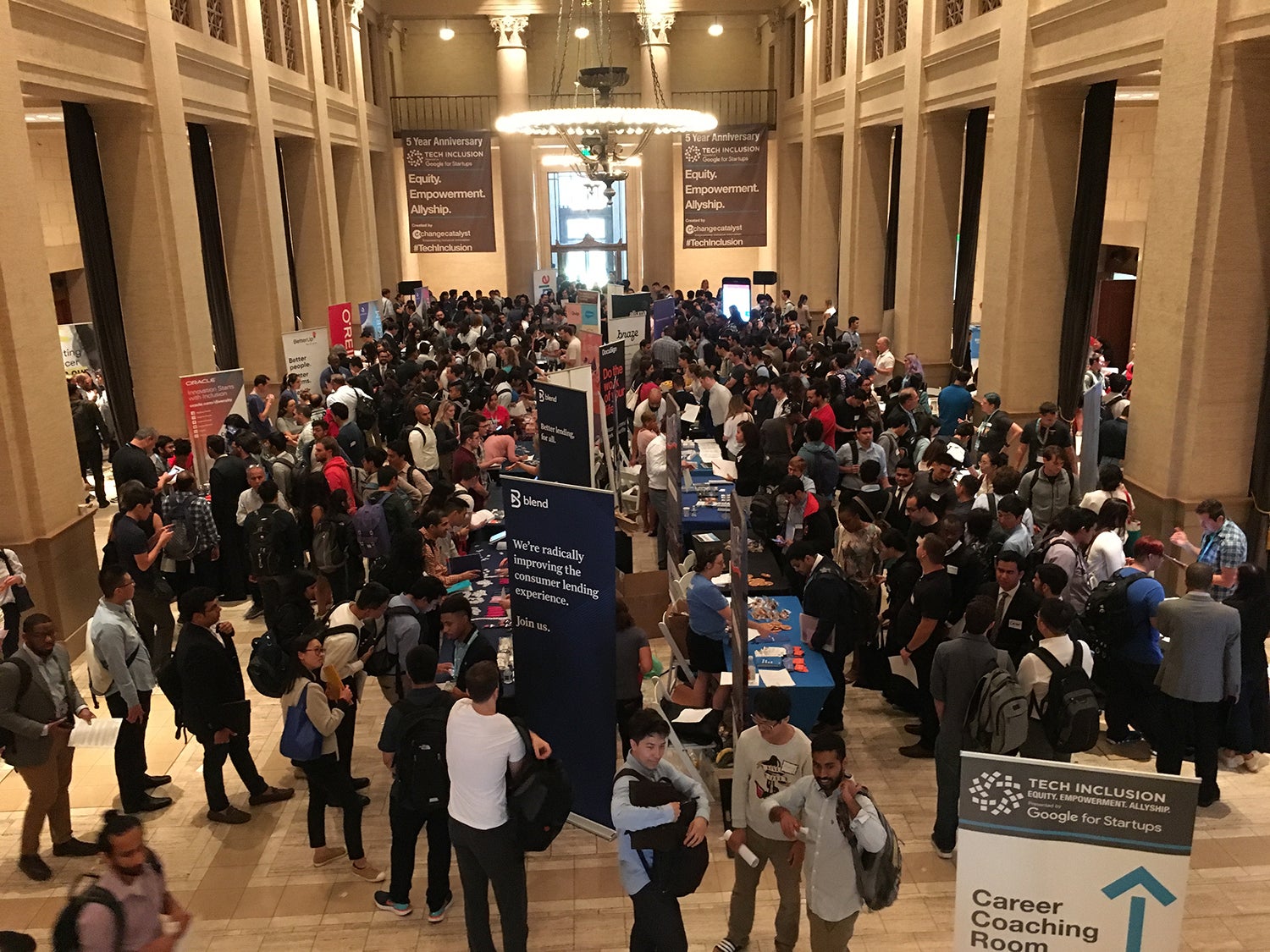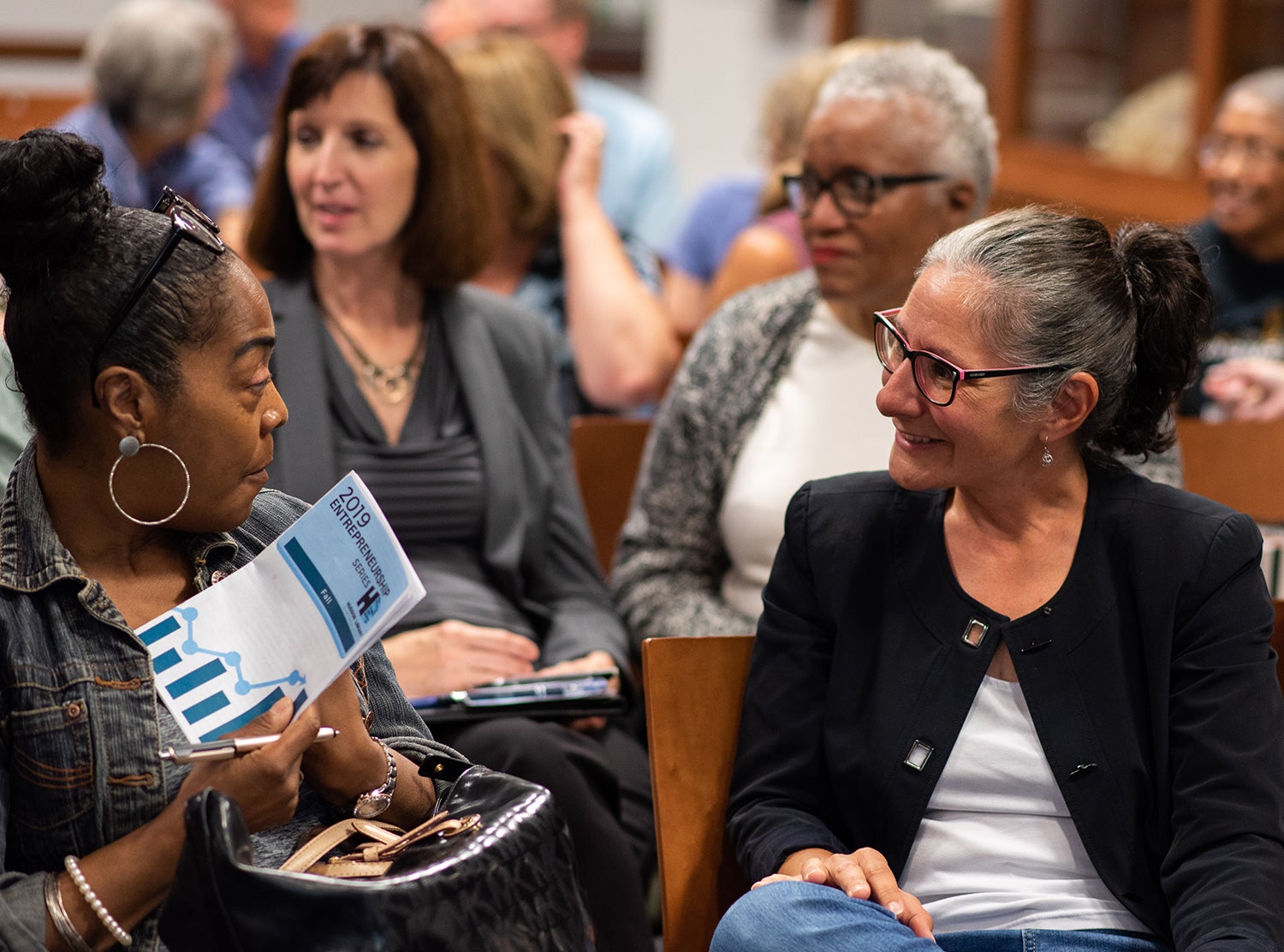Our generation of workers over 50 is not only embracing new trends in the workplace, we’re rewriting the rules for when and how (and if!) we retire.
Opportunity, Freedom and Balance
The rise in freelance and gig work has been a boon to workers who are running into ageist policies and a lack of new opportunities at work. A recent study found that 49 percent of freelancers are more than 50 years old. Many freelancers work remotely and never meet their employers face-to-face, and that means that having a few grey hairs is not an obstacle to getting placed in a short-term project. In fact, experience and quality of work outweighs all other factors when it comes to delivering a project on-time and within budget.
There are also an unprecedented number of free and low-cost resources for those who have never worked as a contractor before. Chuck saw the writing on the wall when he was turned down for a new role because he lacked web and mobile experience. So he rolled up his sleeves and decided to make his own opportunities by teaching himself to code. Freelance training from Samaschool allowed Kristy to bounce back after being laid off. “The beauty of freelancing means that no matter what you decide you need for your happiness, there is a job out there that is right for you,” she says. “What I did can be achieved by anyone, regardless of age. If anything, being over 50 was a plus because it meant I honed many different skills that help me be a better freelancer.”
The gig economy has created new avenues for those looking to supplement their retirement savings and stay active. More than half of Uber and Lyft drivers are over 50. People who want to earn money in non-traditional ways have more options via platforms like Etsy, eBay, and Airbnb. Those who want to apply the skills they’ve developed over the course of their careers can turn to sites like TaskRabbit, Fiverr for short term jobs, or even direct placements into non-profits through the Encore.org Fellowships program.
Best of all, freelancing and gig work are more conducive to that elusive work-life balance we all seek. Employment laws put contractors in the driver’s seat when it comes to scheduling and hours worked. That’s appealing for those who have been in the workforce for decades and are ready to end a lengthy commute in order to spend more time with family and friends.
The “New” Entrepreneur
More than half (54%) of America’s small business owners are over 50. They’re taking the wisdom and experience from their years in the workforce and applying it, with great success, to their own entrepreneurial ventures.
While the vision of the wunderkind launching a billion-dollar app in his dorm room still looms large, there are lots of reasons why later in life is the perfect time to start a business. Women who took time off to raise children earlier in their career may find that starting a business or other new venture is an option now that their children are older and more independent. Older entrepreneurs also benefit from the deep and varied networks they’ve built through the years, who can help with everything from identifying partners to sourcing supplies. They’re more likely than their younger counterparts to have the financial resources to bootstrap their business themselves, or friends and colleagues to tap for investment.
Age and experience are valuable as the business grows. Having weathered life’s difficulties before, an older entrepreneur is more likely to bounce back from tough situations. “Mid-career entrepreneurs are also more successful than younger founders because it takes time to get to know yourself,” writes Carolyn Castrillon in Forbes. “Throughout your career, you learn what you like and don’t like with each position. By the time you launch your business, you have a better understanding of your strengths and weaknesses as well as what you need to feel fulfilled as a human being.”
Building A Personal Brand
GenX and Boomers are rapidly adopting the latest technology, unlike the stereotype of the reluctant old guy fumbling with a flip phone. According to a Herosmyth study, “All the age groups have mostly multi-device users—in other words, not a single generation is significantly behind on the times.” Boomers spend an average of 27 hours a week online, which is actually two more hours than their Millennial children do. Our generation is finding that with a little perseverance, and a little technical know-how, it’s easy to build a personal brand online. Which, in turn, makes it easier to find an audience and win new customers.
Setting up a simple website can be done in a matter of hours (more involved projects like setting up an e-commerce platform can come later). Consistently publishing original content and having a thoughtful social media presence establishes you as a thought leader. Providing helpful answers and strategic links on platforms like Quora and Stack Exchange cement your position as a subject matter expert. For those who don’t know where to begin, or are worried that they’re “doing it wrong,” Next for Me’s guide to Building Your Brand on Social Media is a good place to start.
Social media isn’t for everyone, and if you’re not actively seeking out new career or networking opportunities, it may not be necessary for you to have a regular social media presence. But having at least a passing knowledge of the major platforms and how they’re used can mean the difference between looking informed or coming across as hopelessly out of touch. In our increasingly connected world, establishing a personal brand that’s in tune with the social platforms where so much information is shared just makes sense.
Carole McManus, Editor-in-Chief
Next For Me

Carole McManus
Carole is the Co-founder and Editor in Chief of Next for Me, a new resource that connects and inspires our generation to evolve post-50 life through new work, a new purpose, or a new social contribution. She is a marketing and social media strategist with a history of building some of the most successful online communities on the Web, including Yahoo Groups, BabyCenter, and CatCon. She lives in San Francisco with her children.
This article is intended for general informational and educational purposes only, and should not be construed as financial or tax advice. For more information about whether a reverse mortgage may be right for you, you should consult an independent financial advisor. For tax advice, please consult a tax professional.















I WANT TO KEEP UP TO DATE ON RETIREMENT TRENDS
Follow Us.